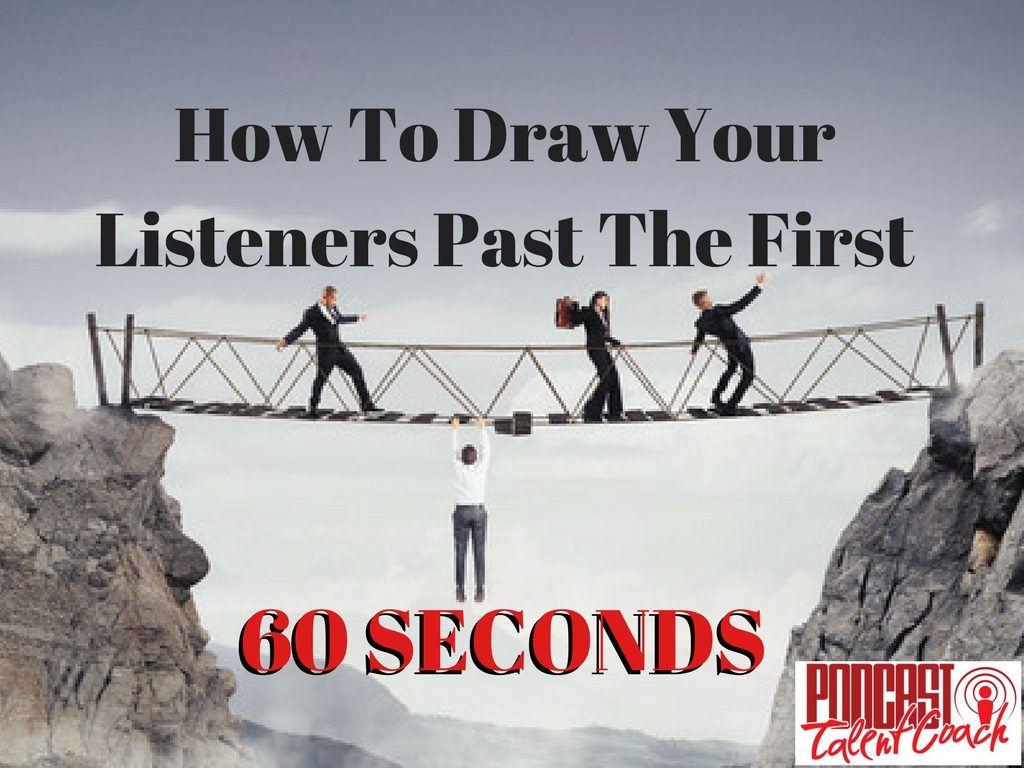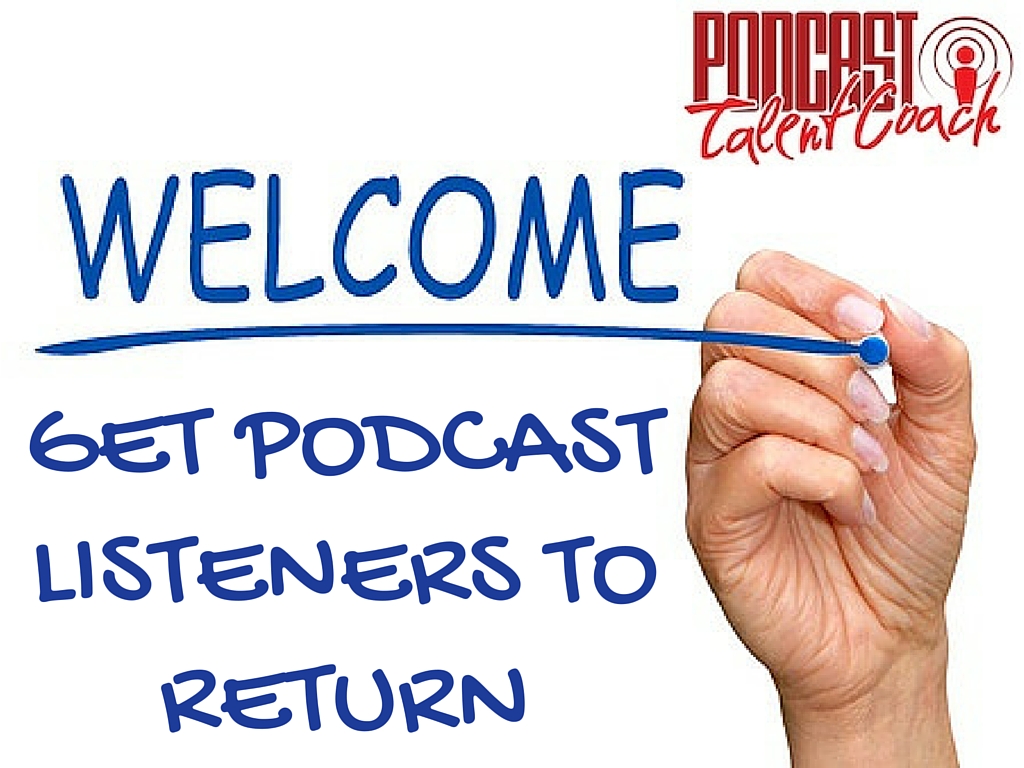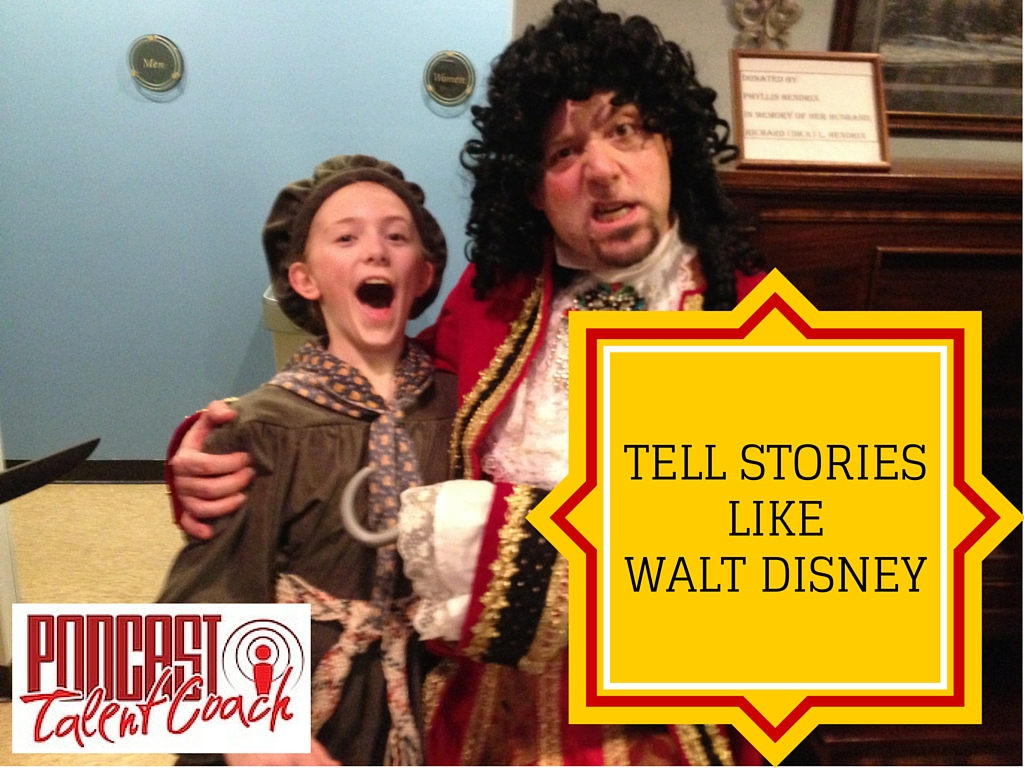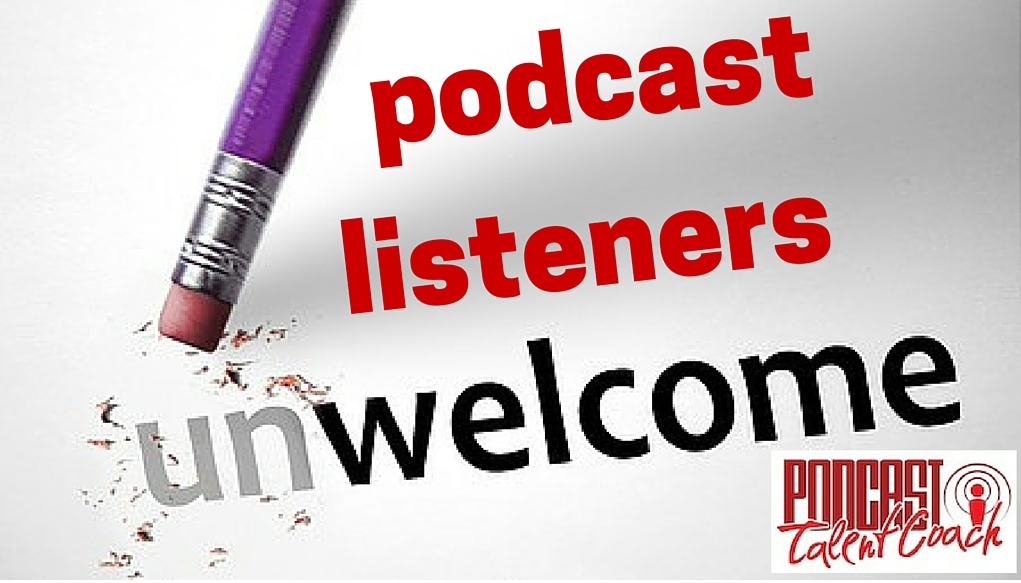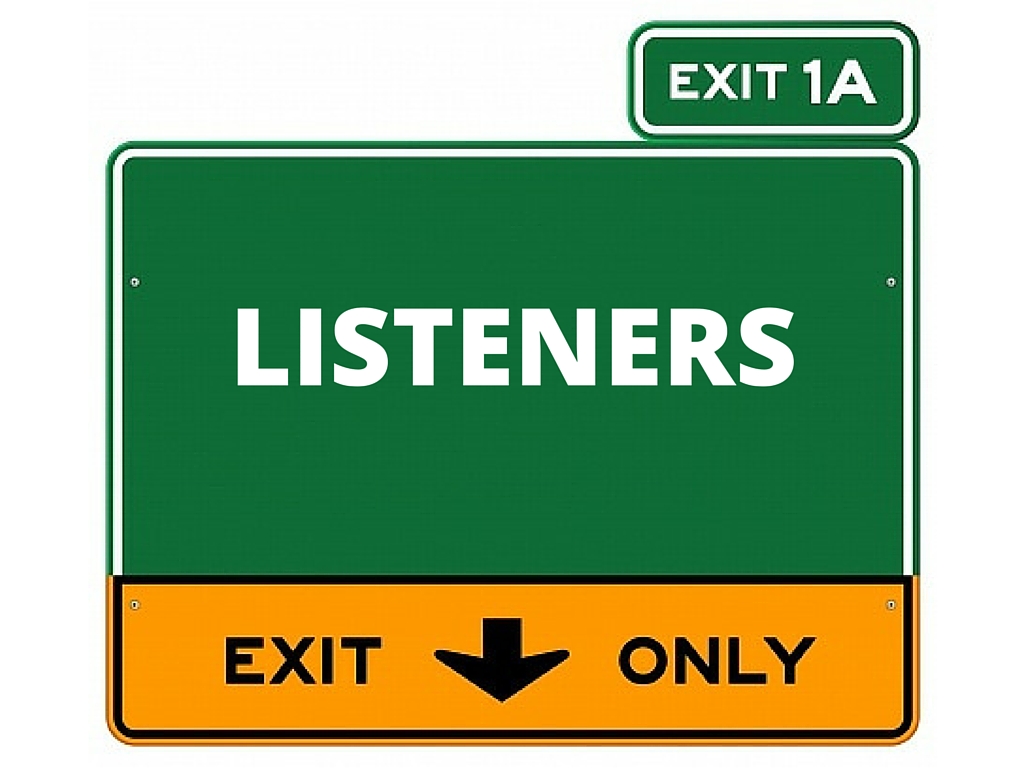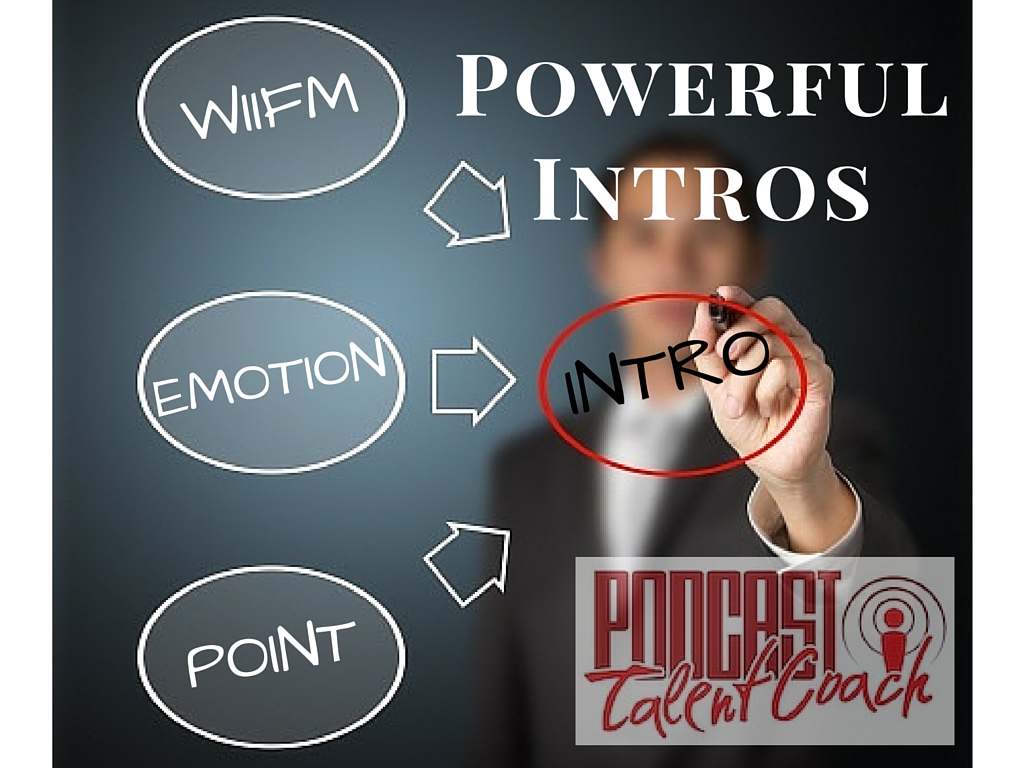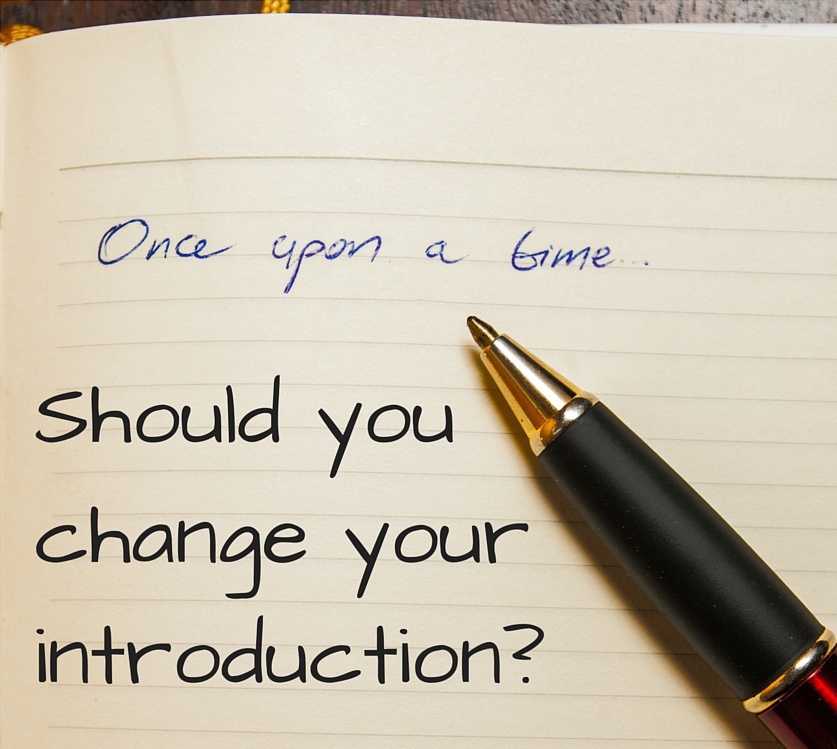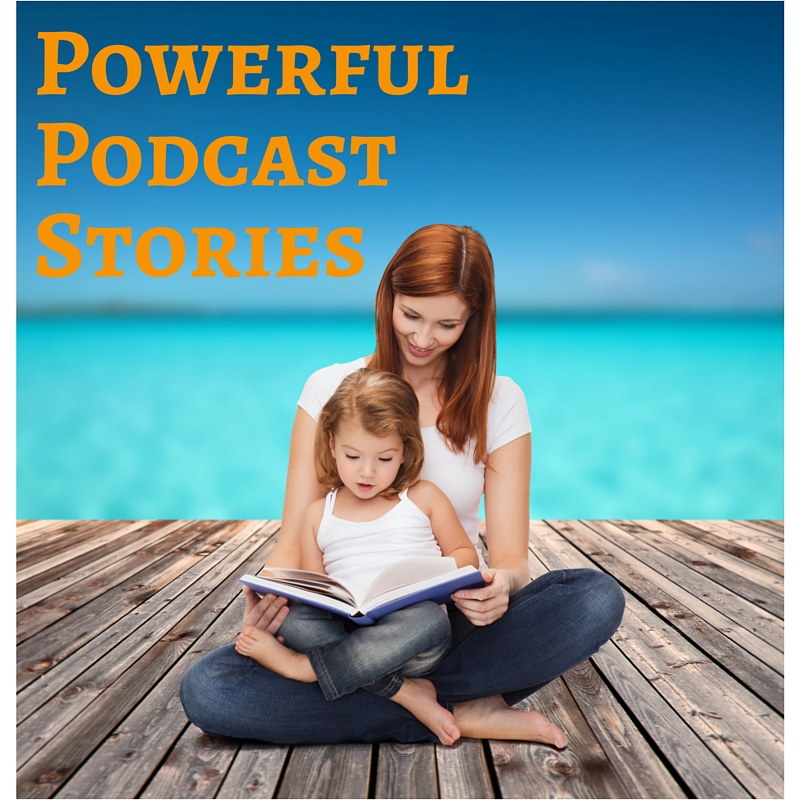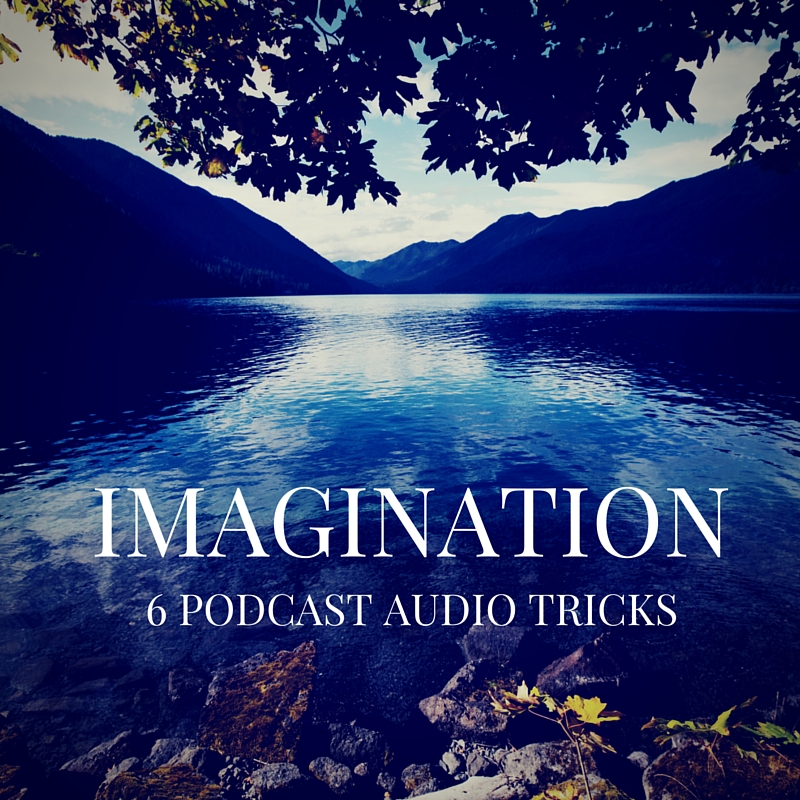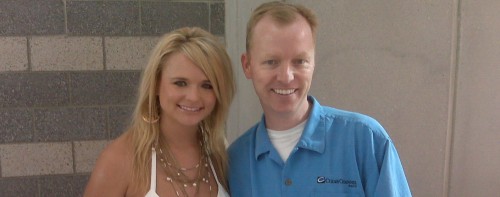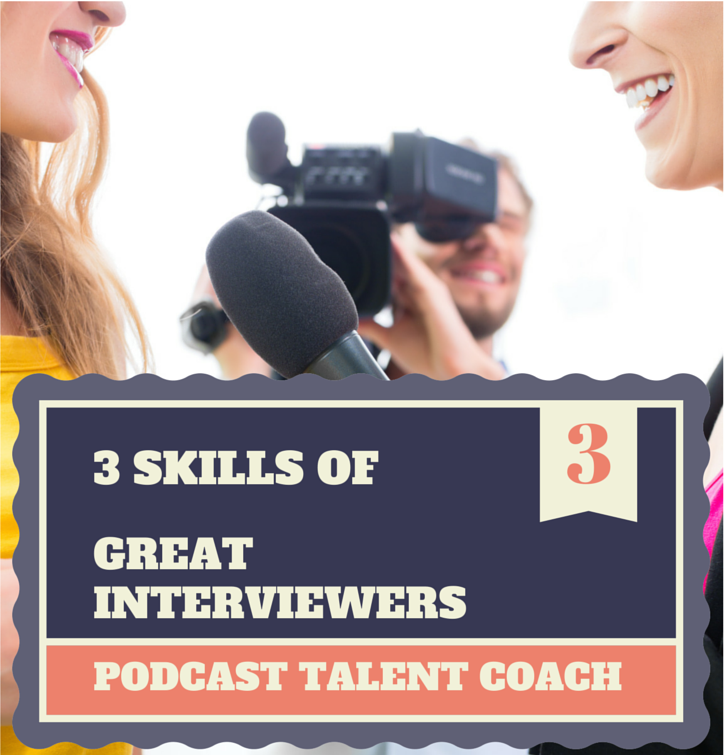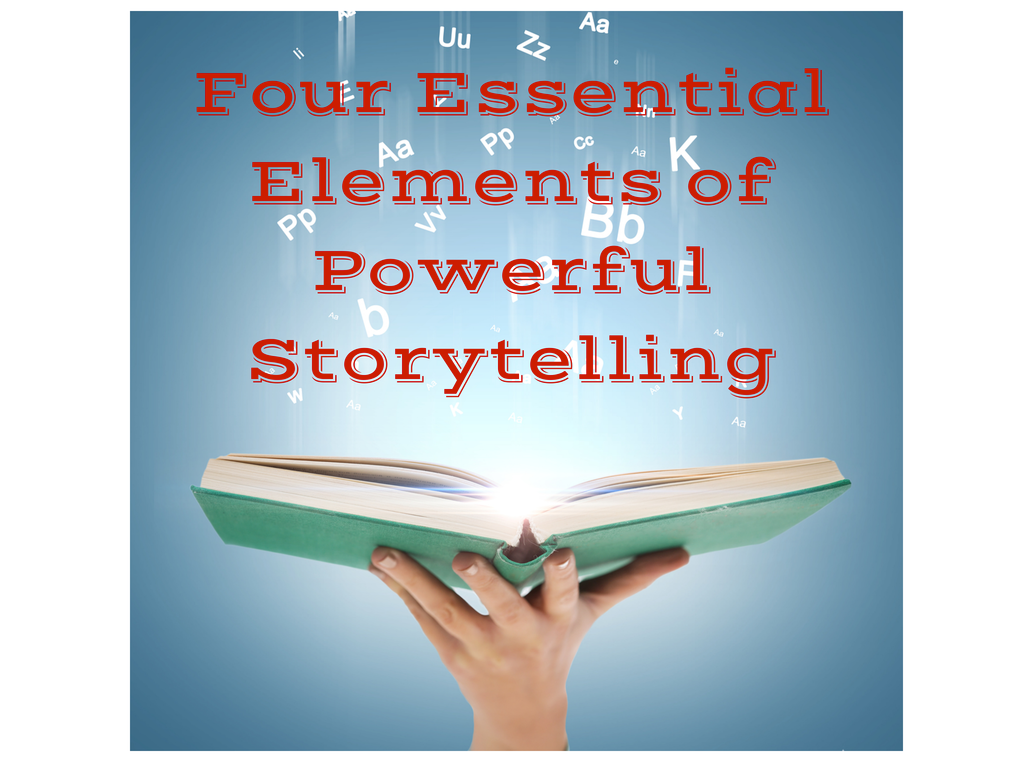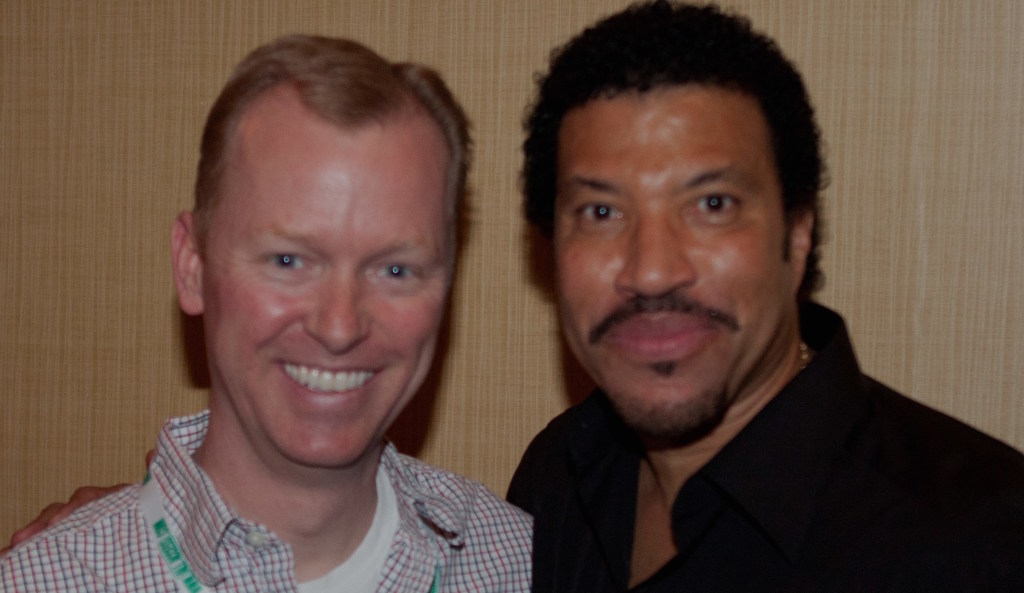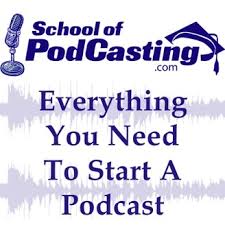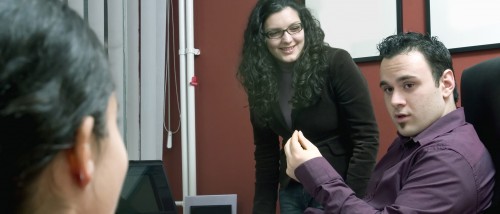Podcast: Play in new window | Download
Subscribe:
How To Improve Your Podcast In 9 Steps – Episode 105
Sometimes you are just too close to the content to recognize the issues.
I was recently working with two coaching clients. They were both struggling with the introduction to their episodes. The opening of the shows didn’t feel powerful enough.
As we dug into the shows with each podcaster, we realized they were missing their “why”. The hosts were not giving their listeners compelling reasons to stick around.
We would never have realized the issue had we not performed the show review.
In sports, coaches and athletes watch game film. Corporations use the annual review. Scientists incorporate theory evaluation. In the world of podcasting and radio, we call it the aircheck show critique.
Review your work. It is the best way to improve your show. Listening to the podcast like a member of the audience will reveal things you don’t hear while you’re recording the show. Your review will expose areas that need attention and focus.
There are a few ways to critique your show. One way is to review the podcast yourself. The other is to have a coach review your podcast for you. Both can be very effective if used correctly.
An experienced coach can be very powerful for your show. An experienced coach has mentored many shows. That professional has been exposed to many elements that have effectively attracted and entertained an audience as well as those that haven’t. You will also received unbiased feedback from a coach, because they aren’t as personally close to the content as you may be.
This episode should not turn into one big advertisement for my coaching services. Just know that I am available if you would like someone with experience to review your show for you. If you would like details regarding my coaching services, visit www.PodcastTalentCoach.com. It is affordable and rewarding.
You can learn to review your show on your own. It takes time, but is possible. This episode is focused on helping you with the self-critique by providing some critical questions.
To effectively review and critique your show on your own, you must be brutally honest with yourself.
To help you review your podcast, I’ve created a free series of Podcast Talent Worksheets. You can find them at www.PodcastTalentCoach.com.
It is not easy to separate yourself from your podcast. Becoming an unbiased onlooker to something you’ve worked hard to create is tricky. You will often find yourself justifying things you do on your show because it is personal.
To effectively critique your show, you need to ask yourself if the audience truly understands and is entertained by the content. Then, you need to honestly answer the question and be willing to change if necessary. Force yourself to be honest about every piece of content.
Not everything works. There will be times you fail. That’s ok. That is how you learn.
In order to properly critique the show, you need to listen to it in real time like an average listener. A few days after you’ve recorded the show, when the excitement of the new show has dimmed, go back and listen to your podcast. Play it in real time while taking notes.
Waiting a few days will remove many of the justifications you would normally use to explain away things that need to be adjusted. The content won’t be so fresh to you. The excuses will fade. You will find it much easier to be unbiased.
Actually listening to the audio rather than just remembering it in your head will make your critique more authentic. You never remember a show exactly as it happened. By listening to the audio, you will hear the exact words you used. It will be much easier to honestly review what really happened.
Listening to your own voice won’t be easy at first. That is alright. Most people do not enjoy the sound of their own voice. That is natural. Listen anyway. You will get more comfortable with it the more you listen.
When you critique your own show, you need to know where to look for areas that will make a difference. If you understand what content will engage your audience, you will begin making strides to add more of that content. Determine the goal for the show. Know what content will make a connection with your audience. Then, create a plan to add more of that powerful content.
If you have not yet downloaded the Show Review Worksheet from PodcastTalentCoach.com, get it HERE. We walk through the nine questions on that worksheet in this episode.
Here are 9 questions you can ask as you critique your show.
1. Did you accomplish your goal for the show?
Every show should have a goal. You should have an idea of what you hope to accomplish before you even open the mic. Be specific.
What do you hope to make your make your audience feel? Is there something they should better understand? Are you incorporating a call-to-action?
Write down your goal before the show begins. A written goal makes the show critique easier and more effective when you return to the show for the critique. As you review the show, find the areas that did and did not help you accomplish your goal.
2. What did you like about the show?
What parts of the show really jumped out at you as you were reviewing your podcast? Jot those parts down on a sheet of paper. If you can find ways to recreate similar experiences, you will be well on your way to creating a podcast that is consistently entertaining.
3. What was memorable about the show?
Your listener needs to remember your podcast, so they can return and listen again. That is the way to build a following. If each show has a few more listeners than the previous episode, you eventually build a solid audience.
It really doesn’t matter how many people listen today. What builds a strong podcast is the number of listeners that come back the next time, and the next time, and the time after that. You build your audience slowly with more listeners this week than you had last week.
Get your listener to remember to return. Most people will remember one or two things about any particular show. Find the big parts of your podcast episode that are memorable.
4. How did you make the audience care about your topic?
Nobody wants to watch our home movies unless they are in them. People will only care about your topic if affects them. How does your topic relate to your audience?
The best way to make people care is to first care about them. Show your audience that you have their best interest at heart. They will come back again and again. Start in the world of your listener.
If you truly want to engage your listener, put her in your story. This doesn’t mean create a fictitious part of your story where she becomes a fake character. Include details that are so vivid that your listener feels like she is right there in the moment.
Stir the passion within your listener with great emotion. You create strong engagement with emotion. Find the parts of your show where you made a connection and made your audience care.
5. Where did you surprise your audience?
You will delight your audience when you surprise them. When the show is predictable, your audience will get bored. Find ways to make them say “oh wow”.
This doesn’t mean your show shouldn’t be consistent. You can use benchmarks and bits that regularly appear on every show. You should simply find ways to keep them fresh with unique content.
Great comedians delight their audience, because the punchlines of their jokes aren’t expected. The material takes turns you don’t see coming. Great movies do the same thing with their plots. That is what makes movies and comedians entertaining.
Find the great surprises in your podcast. Make your audience say, “Oh, wow”. Add that same movie experience to your podcast more often.
6. What did you reveal about yourself?
When you tell stories during your podcast, you reveal things about yourself. Self-revelation is the beginning of great friendships. Friends will support you every chance they can.
People like to do business with people they like. Find those little nuggets that reveal wonderful details about you. That content will make you more approachable and human to your audience.
7. Where were the powerful words?
Storytelling is an important step to revealing details about yourself. Vivid details are a vital part of great stories. Your listener will enjoy your podcast stories more when you include very vivid details.
The more vivid the details, the more your listener will enjoy the story. Make your audience see the story in their mind. Draw the mental picture for them. Details help your listener experience the story rather than just hearing it.
Details are powerful words. Find those words in your podcast. Learn to recognize them. Then, add powerful words more often.
8. What could have been better?
There are always parts of your show that could be better. You need to find those parts. Become aware of your weaknesses. That will be the only way to improve.
Your shortcomings could be the introduction of the show. It might be the way you transition from one topic to another. You may find yourself using jargon and cliches most people do not use in natural conversation. Find the areas of your podcast that do not fully support the goal for the show. Those are typically the areas that need work.
9. What is your plan to make the next show better?
To improve, you need to develop a plan. Discovering the areas that need adjustment is only half the battle. You then need to figure out how to improve those areas. Put it in a plan.
The improvement plan is where a coach can be incredibly effective. A good coach has worked with successful shows. They know what works and what doesn’t when trying to attract and engage an audience. A solid coach can review your show and provide you an unbiased opinion. Sometimes that tough love is just the prescription necessary to break through to true improvement.
It is possible to critique and improve your podcast yourself. You should learn from others who have done it successfully. You will also need the ability to be extremely honest with yourself.
If you have studied successful shows to the point where you can consistently recognize quality content, you may be able to effectively critique your show. Give it a shot. Remember, you can find my free series of Podcast Talent Coach Worksheets to help you at www.PodcastTalentCoach.com.
If you would like my coaching help and are serious about improving, you can receive a free coaching call. Details are on the coaching page at www.PodcastTalentCoach.com.
Let me know how I can help.
I would love to help you with your podcast. E-mail me any time at Coach@PodcastTalentCoach.com.
You can find my podcast and other tools to help you create great content at www.PodcastTalentCoach.com.
Let’s turn your information into engaging entertainment.
